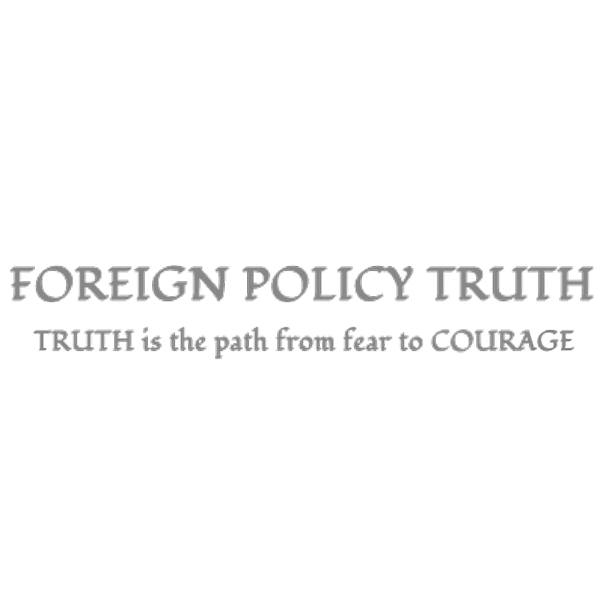Source: Old Hickory & Honest Abe
In 1828 Andrew Jackson took a run at the US Presidency. Throughout his campaign he railed against the international bankers who controlled the Bank of the United States (BUS).
Jackson ranted, “You are a den of vipers. I intend to expose you and by Eternal God I will rout you out. If the people understood the rank injustices of our money and banking system there would be a revolution before morning.”
Jackson won the election and revoked the bank’s charter stating, “The Act seems to be predicated on an erroneous idea that the present shareholders have a prescriptive right to not only the favor, but the bounty of the government…for their benefit does this Act exclude the whole American people from competition in the purchase of this monopoly. Present stockholders and those inheriting their rights as successors be established a privileged order, clothed both with great political power and enjoying immense pecuniary advantages from their connection with government. Should its influence be concentrated under the operation of such an Act as this, in the hands of a self-elected directory whose interests are identified with those of the foreign stockholders, will there not be cause to tremble for the independence of our country in war…controlling our currency, receiving our public monies and holding thousands of our citizens independence, it would be more formidable and dangerous than the naval and military power of the enemy. It is to be regretted that the rich and powerful too often bend the acts of government for selfish purposes…to make the rich richer and more powerful. Many of our rich men have not been content with equal protection and equal benefits, but have besought us to make them richer by acts of Congress. I have done my duty to this country.”[838]
Populism prevailed and Jackson was re-elected. In 1835 he was the target of the first assassination attempt on a US President. The gunman was Richard Lawrence, who confessed that he was, “in touch with the powers in Europe”. [839] Still, in 1836 Jackson refused to renew the BUS charter. Under his watch the US national debt went to zero for the first and last time in our nation’s history. This angered the international bankers whose primary income is derived from interest payments on debt. BUS President Nicholas Biddle cut off funding to the US government in 1842, plunging the US into a depression. Biddle was an agent for the Paris-based Jacob Rothschild. [840]
The Mexican War was simultaneously sprung on Jackson. A few years later the Civil War was unleashed, with London bankers backing the Union and French bankers backing the South. The Lehman family made a fortune smuggling arms to the south and cotton to the north. By 1861 the US was $100 million in debt. New President Abraham Lincoln snubbed the Euro-bankers again, issuing Lincoln Greenbacks to pay Union Army bills. The Times of London now called for the “destruction of the US government”.
The Euro-banker-written Hazard Circular was exposed and circulated throughout the country by angry populists. It stated, “The European Bankers favor the end of slavery…the European plan is that capital money lenders shall control labor by controlling wages. The great debt that capitalists will see is made out of the war and must be used to control the valve of money. To accomplish this government bonds must be used as a banking basis. We are now awaiting Secretary of Treasury Salmon Chase to make that recommendation. It will not allow Greenbacks to circulate as money as we cannot control that. We control bonds and through them banking issues”.
The 1863 National Banking Act reinstated a private US central bank and Chase’s war bonds were issued. Lincoln was re-elected the next year, vowing to repeal the act after he took his January 1865 oaths of office. Before he could act, he was assassinated at the Ford Theatre by John Wilkes Booth. Booth had major connections to the international bankers. His granddaughter wrote This One Mad Act, which details Booth’s contact with “mysterious Europeans” just before the Lincoln assassination.
Following the Lincoln hit, Booth was whisked away by members of a secret society known as Knights of the Golden Circle (KGC). KGC had close ties to the French Society of Seasons, which produced Karl Marx. KGC had fomented much of the tension that caused the Civil War and President Lincoln had specifically targeted the group. Booth was a KGC member and was connected through Confederate Secretary of State Judah Benjamin to the House of Rothschild. Benjamin fled to England after the war. [841]
Nearly a century after Lincoln was assassinated for issuing Greenbacks, President Kennedy was assassinated for issuing silver-backed United States Notes. The US sank further into debt. Its citizens were terrorized into silence. If they could kill the President they could kill anyone.
